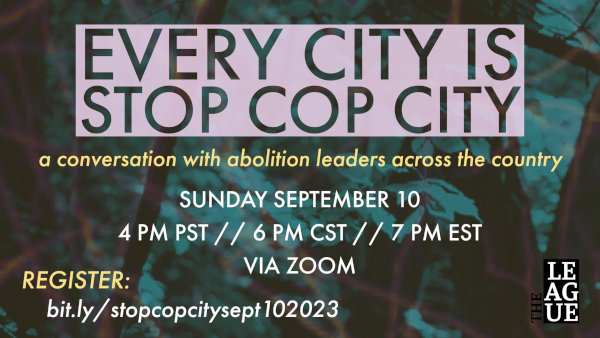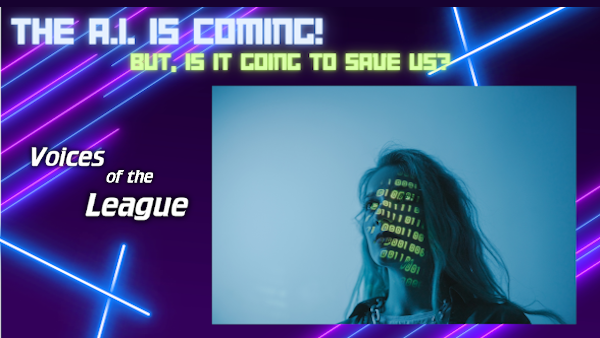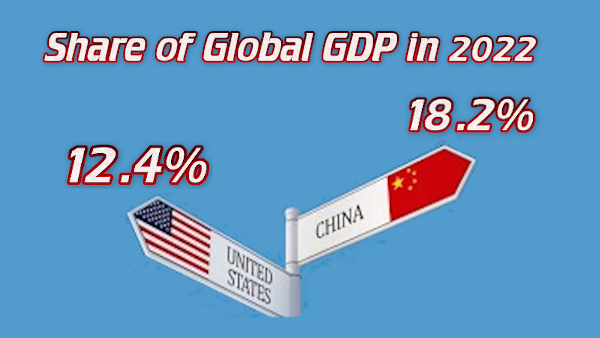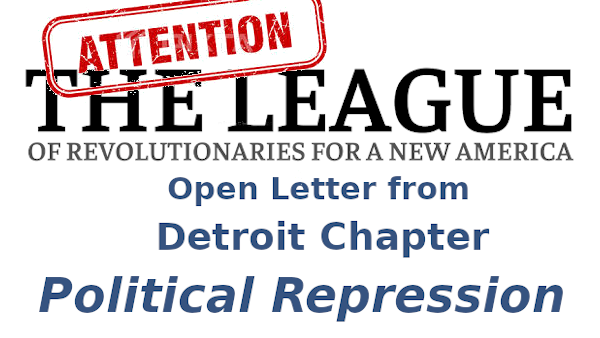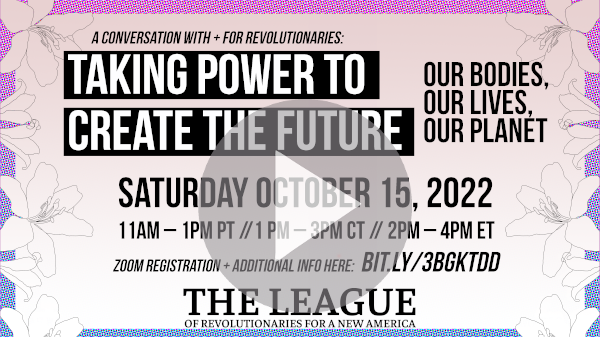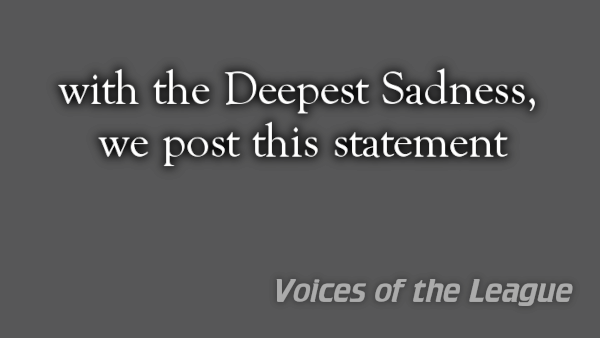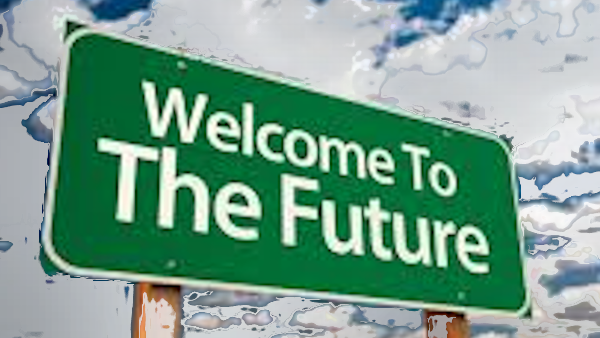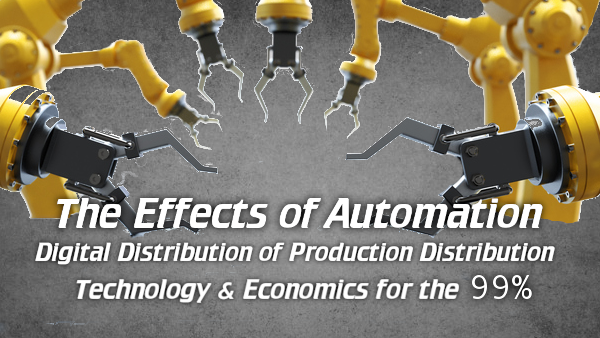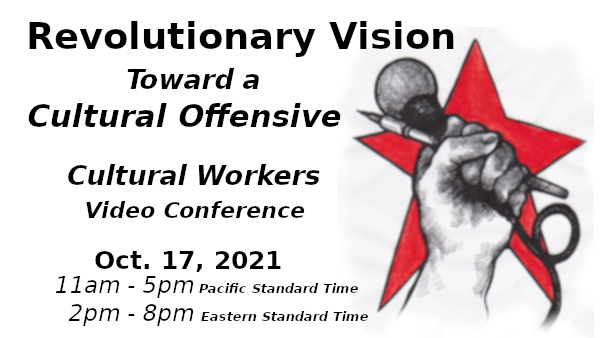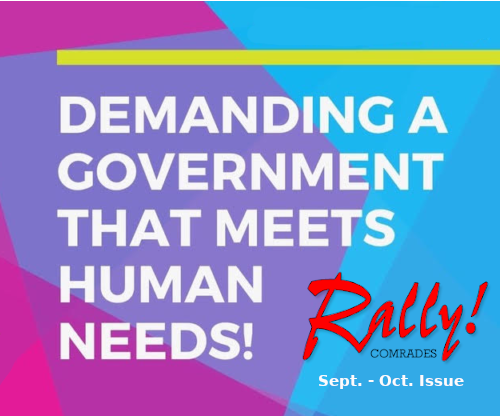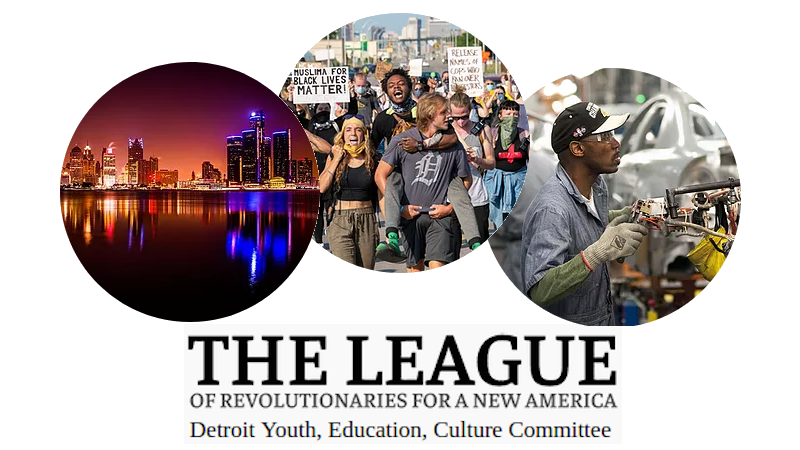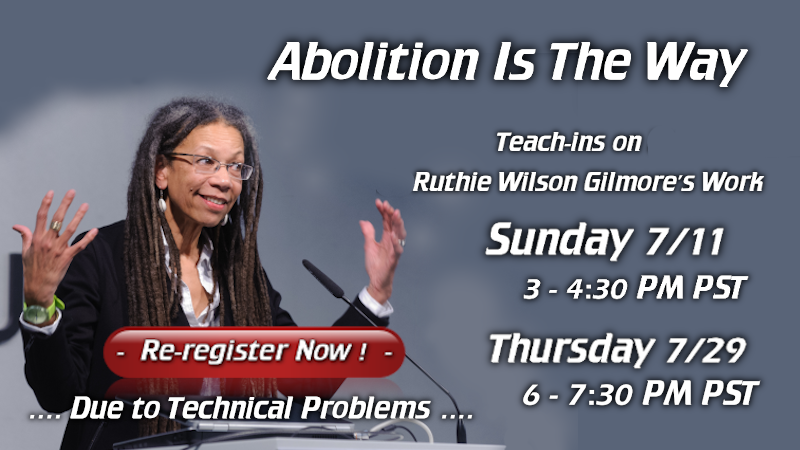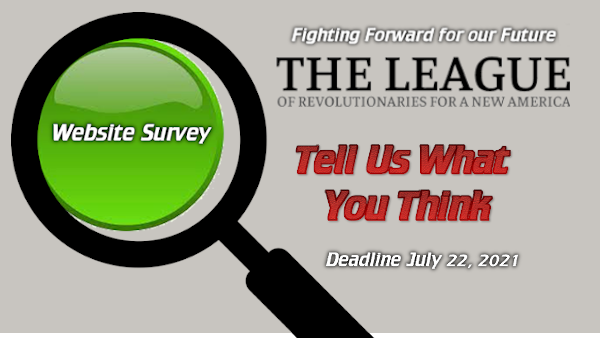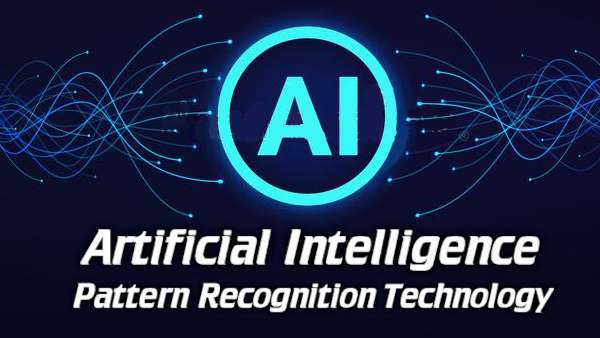Artificial Intelligence – Entering a New Stage of History
Entering a New Stage of History
The Advent of AI
Thirty years ago Nelson Peery, in “Entering an Epoch of Social Revolution” recognized and delineated the broad contours of an epoch-making shift in human history and society brought on by the development of new electronic tools that are replacing human labor and destroying wage-labor capitalism. He pointed out that the development of electronics throughout all aspects of human society could “expand our mental capacities as much as the industrial revolution expanded our physical capabilities. More than that, we stand at the threshold of eliminating mental as well as physical labor.”
In those thirty years we have seen the exponential development of the quantitative, objective growth of the new epoch. The projection that we would see the computing power of the new technology double every two years has been essentially confirmed. But change is not simply an arithmetic progression. It is exponential, and occurs as qualitative leaps, and within that new quality, the motion from one stage to another. We are now on the threshold of and are entering into a new stage of robotic, digital, automated technology that is changing our world.
Much akin to the development of a new stage in industrial capital from mechanics to electro-mechanics, artificial intelligence, or AI, represents the crossing of a nodal line, a new kind of robotics that is best described as machines that think autonomously. With AI, human mental capacities are not only being expanded, but in many respects lead to the elimination of human mental labor. Employing “deep neural networks” much as the human brain, AI technology no longer merely carries out robotic instructions programmed by humans, it learns, it thinks, it problem-solves independently of human guidance. It is automation, that is, without human involvement, on a new level.
In 2020 over 64 billion terabytes of digital information were created and stored. AI is becoming ubiquitous. It is everywhere, in our phones, in our household appliances, in our automobiles, in warehousing and distribution logistics, all kinds of services, in agriculture, in machines of warfare, in financial transactions. Huge supranational corporations such as Apple, Facebook(now Meta) and Google now control and are shaping the use of AI in communications and social media.
Concurrent with, and an outcome of the new stage of AI, is the ascendency of cryptocurrency. Cryptocurrency, or virtual digital currency, is now becoming mainstream. It is non-bank banking on a new level. No longer in the shadows, it is private-sector speculative finance at a new stage. Operating in a digital world beyond the reach of governments, banks or regulators, it is non-traceable and non-taxable.
In “America’s Crypto Conundrum” in Foreign Affairs, Justin Muzinich describes it as follows: “Private sector digital currencies generally rely on decentralized blockchain technology to settle accounts between users. These currencies include cryptocurrencies such as Bitcoin and Ether, which fluctuate in value relative to the U.S. dollar and a subset of cryptocurrencies called ‘stablecoins,’ such as USD Coin, commonly known as USDC, and Facebook’s Diem, which are pegged to a fiat currency and designed not to fluctuate in value. The blockchain technology that undergirds these currencies comes in a number of variations, but it generally allows a community of users to validate transactions on a ledger instead of relying on a central authority such as the U.S. Federal Reserve.”
While we have seen the rise of and domination of speculative finance tracking the development of a technology that replaces human labor and reduces value to a level approaching zero, cryptocurrencies raise speculation to a whole new level. While Bitcoin and Ethereum are the most well-known and are currently the largest, there are as many as 70,000 versions currently operating now. Bitcoin in now market-capitalized at over $1 trillion. Cryptocurrency transactions are virtual, digital and have no relation to the actual production and valuation of anything. It is the wild, wild West of speculation
Governments and central banks are struggling to rein in the cryptocurrency world, some creating their own digital currency such as the Chinese digital yuan, and the U.S Federal Reserve considering a digital dollar, and governments as well are moving to assert control of and to regulate companies like Facebook and Google. Yet all of this will have an impact upon the global hegemony of the dollar and the multipolar struggle for a new world order.
The advent of AI and its corollary, virtual digital money, has tremendous implications for the revolutionary process and the future of humanity. First, the precipitous decline of value and the advance and domination of speculative capital demonstrates the absolute incompatibility of AI in the hands of private property and the ruling class. The exponential development of laborless technology also means the exponential development of a new class displaced by the new technology. While the ruling class amasses mass sums of virtual wealth, the vast remainder of humanity is engaged in a race to the bottom. Instability, polarization, war and the destruction of the planet prevail and intensify.
Every advance, every development to new stages, brings with it also the exponential increase of productive forces. The capacity of the new technology to provide for an abundance that can meet the needs of all humanity and allow for the human race to reach its full potential is only limited by the boldness of our vision. The new technology in the hands of our new communist class can build a new future, a cooperative communist world history that fulfills our vision. We are entering into a new stage of the social revolution.
Sources:
1. The Technopolar Moment
https://www.foreignaffairs.com/articles/world/2021-10-19/ian-bremmer-big-tech-global-order
2. America’s Crypto Conundrum
https://www.foreignaffairs.com/articles/united-states/americas-crypto-currency-conundrum
3. The Age of AI and Our Human Future by Henry Kissinger, Eric Schmidt, Daniel Huttenlocher, Little, Brown and Company, New York, 2021
https://en.wikipedia.org/wiki/Artificial_intelligence
https://en.wikipedia.org/wiki/Pattern_recognition
Apr 14, 2022

















